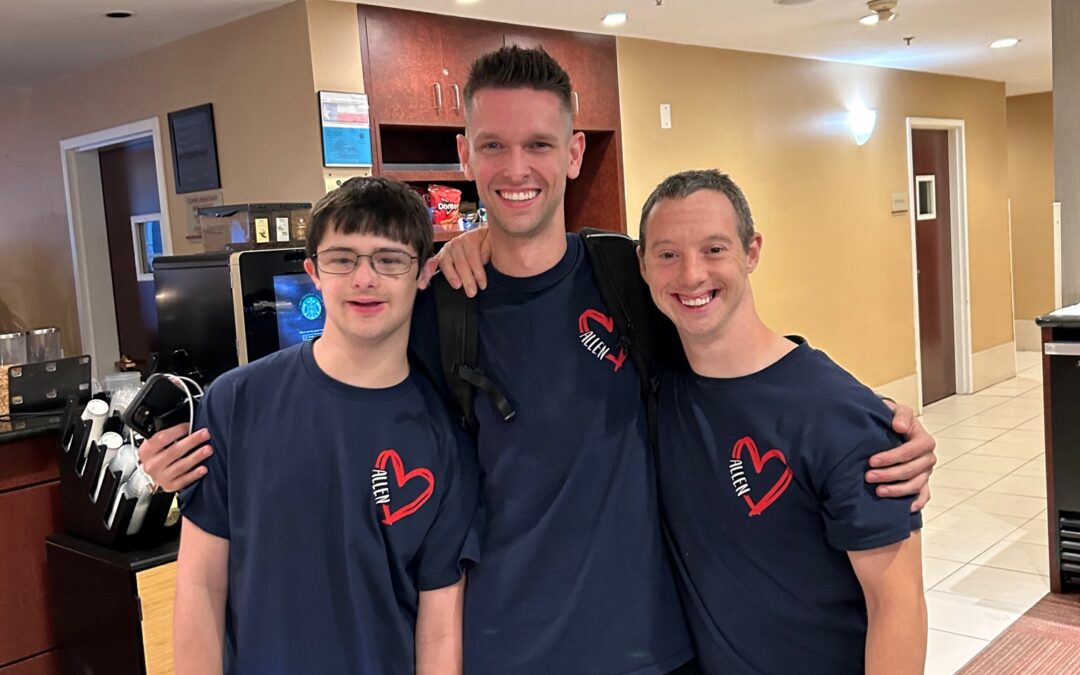A volunteer is an individual who willingly offers their time, skills, and services to assist others without expecting monetary compensation. Volunteers typically participate in various activities that benefit communities, causes, or events. They may serve in fields such as education, nonprofits, healthcare, environmental conservation, disaster relief, social services, arts and culture, sports, and more.
Volunteering can involve a wide range of tasks, including helping at a local shelter, food bank, tutoring students, organizing events, assisting in healthcare facilities, participating in clean-up projects, mentoring youth, and more. These individuals play a crucial role in addressing societal needs and making a positive impact on their communities.
People volunteer for various reasons, such as a desire to give back to their community, gain experience, make a difference in the lives of others, build social connections, or pursue personal passions and interests. Volunteering is a significant aspect of civic engagement and social responsibility.
Volunteering within your community is a wonderful way to give back, make a positive impact, and contribute to the well-being of society. There are various opportunities for community volunteering, and the specific options available to you will depend on your interests, skills, and the needs of your community. Here are some steps to help you get started with community volunteering:
- Identify Your Interests and Skills: Consider what activities or causes you are passionate about. You can work with children, the elderly, animals, the environment, education, health, or anything else that aligns with your interests and skills.
- Research Local Organizations: Look for local non-profit organizations, charities, schools, hospitals, animal shelters, community centers, or religious institutions that need volunteers. Visit their websites, contact them directly, or attend local events to learn more about their volunteer opportunities.
- Contact Volunteer Coordinators: Reach out to the volunteer coordinators or points of contact at the organizations that appeal to you. Express your interest in volunteering and inquire about the available opportunities, requirements, and the application process.
- Attend Volunteer Orientations: Many organizations conduct volunteer orientations or training sessions to provide information about their mission, policies, and procedures. Attend these sessions to gain a better understanding of the organization and its expectations for volunteers.
- Complete Application and Background Checks: Fill out any necessary volunteer applications and consent to any required background checks or screenings. Some volunteer positions may have specific requirements for qualifications, training, or certifications.
- Commit to a Schedule: Determine the amount of time you can commit to volunteering each week or month. Some organizations may require a regular schedule, while others may offer more flexibility.
- Get Started and Make a Difference: Once you’ve been accepted as a volunteer, start contributing your time and efforts to the organization. Follow through on your commitments and make the most of the opportunity to positively impact your community.
- Stay Engaged and Reflect: Stay engaged with the organization and regularly assess your volunteer experience. Reflect on what you’ve learned, the impact you’ve made, and whether you want to continue or explore other volunteer opportunities.
Volunteering is a two-way street. It benefits both the community and the volunteer. It’s essential to find a volunteer role that aligns with your values, interests, and availability, so you can make a meaningful and fulfilling contribution to your community. Remember, to make a difference you have to be the difference.
Allen Special Olympics Delegation athletes: Zack Buckner and Brennan O’Donnell with Volunteer and Unified Partner, Brantley Grantham.
(SOTX Fall Classic: October 19-21; College Station, TX)

